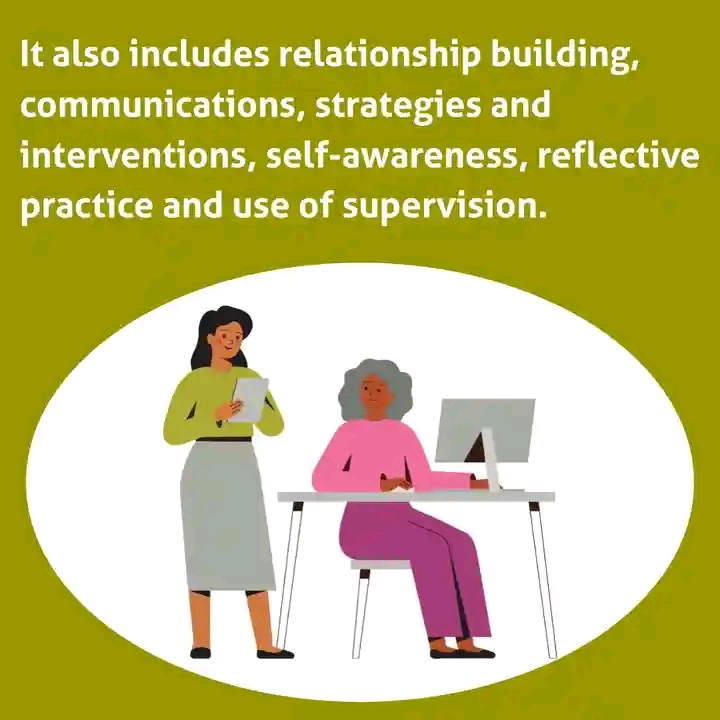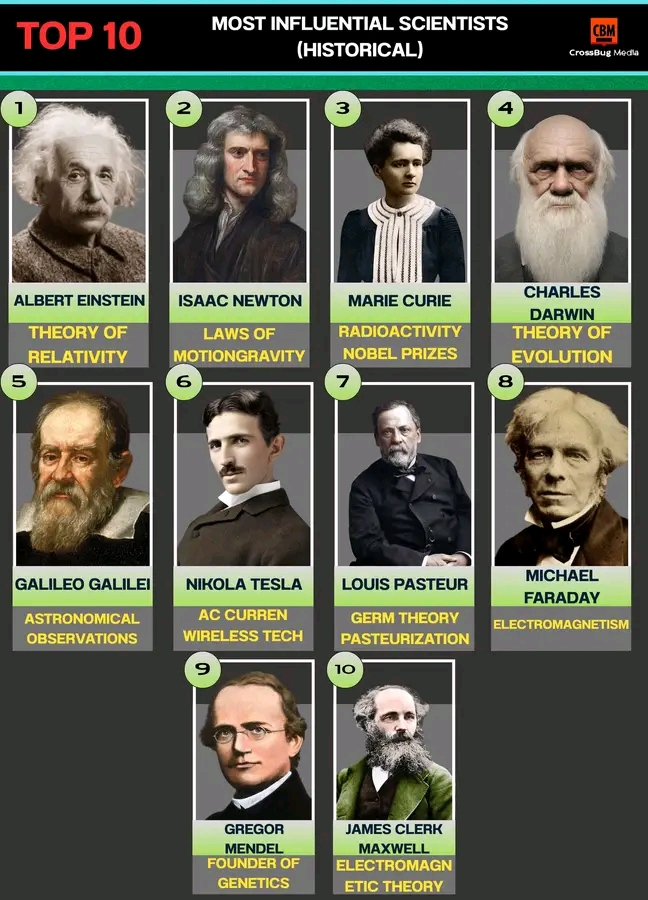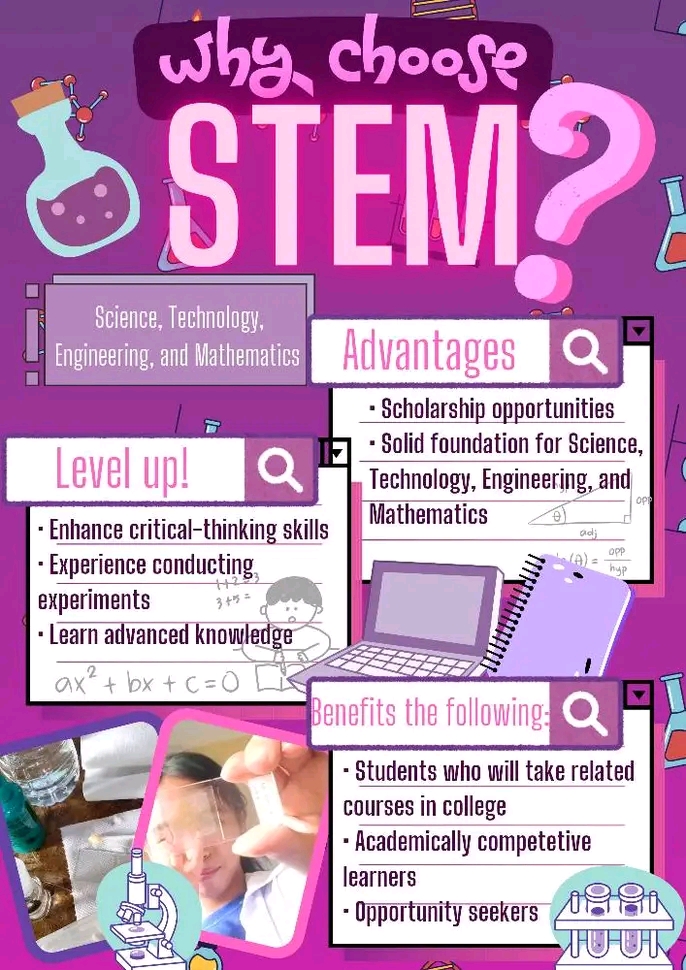Stages of supervisor development.
Stages of supervisor development.
STAGES OF SUPERVISOR DEVELOPMENT.
Supervisor development typically progresses through several stages, each characterized by increasing competence, confidence, and effectiveness in managing teams and tasks. These stages are often described as follows:
1. Novice Stage/orientation/ survival
Characteristics
New supervisors are often inexperienced and may rely heavily on rules, policies, and guidance from others.
They focus on learning the basics of supervision, such as understanding their role, organizational expectations, and technical skills.
They struggle with balancing relationships and authority.
Challenges
Lack of confidence
Difficulty delegating tasks
Over-reliance on authority rather than influence.
Fear for failure.
Overwhelmed expectations.
Focus
Learning the fundamentals of supervision, building relationships, and understanding team dynamics.
2. Advanced Beginner Stage/recognition/awareness
Characteristics
Supervisors begin to gain some experience and confidence.
They start to recognize patterns in team behavior and performance but may still struggle with decision-making and prioritization.
There is recognition of what works and what doesn in their leadership style.
There is increased self reflection and willingness to seek feedback
Challenges
Balancing task-oriented and people-oriented responsibilities
Managing conflicts
Adapting to unexpected situations.
Focus
Developing problem-solving skills, improving communication, and learning to prioritize tasks effectively.
3. Competent Stage/exploration/experimentation
Characteristics:
Supervisors at this stage are more confident and capable.
They can manage routine tasks efficiently and handle most day-to-day challenges.
They begin to think more strategically and understand the broader impact of their decisions.
They are more confident to try out new methods for motivating and managing the team
Challenges
Avoiding complacency
Managing more complex team dynamics
Balancing short-term goals with long-term objectives.
Focus
Enhancing leadership skills, fostering team development, and improving decision-making processes.
4. Proficient Stage/consolidation/competence
Characteristics
Supervisors demonstrate a high level of competence and can handle complex situations with ease.
They have a deeper understanding of their team’s strengths and weaknesses and can anticipate problems before they arise.
More efficient in planning, organizing and delegating tasks.
Challenges
Maintaining motivation
Managing larger or more diverse teams
Staying adaptable in a changing environment.
Focus:
Mentoring and coaching others, driving innovation, and aligning team goals with organizational objectives.
5. Expert Stage/maturity/ mastery
Characteristics
Expert supervisors are highly skilled and intuitive.
They have a deep understanding of their role and can navigate complex organizational dynamics with ease.
They are often seen as mentors and leaders within the organization.
They have a strong ability to inspire and develop team members
Long-term strategic thinking and decision making
Challenges
Staying current with industry trends.
Avoiding burnout
Continuing to develop their skills.
Staying open to growth
Focus
Strategic leadership, organizational development, and contributing to the broader success of the organization.
Key Factors Influencing Development:
Experience: Hands-on experience is crucial for growth.
Training and Education: Formal training programs and continuous learning opportunities.
Feedback: Regular feedback from peers, subordinates, and superiors.
Reflection: Self-assessment and reflection on experiences and outcomes.
Mentorship: Guidance from more experienced supervisors or mentors.
To conclude, supervisor development is very fundamental in every area of practice for example nursing,medicine, psychology, counselling to ensure effectiveness and career development from early career stages to more expert.





















